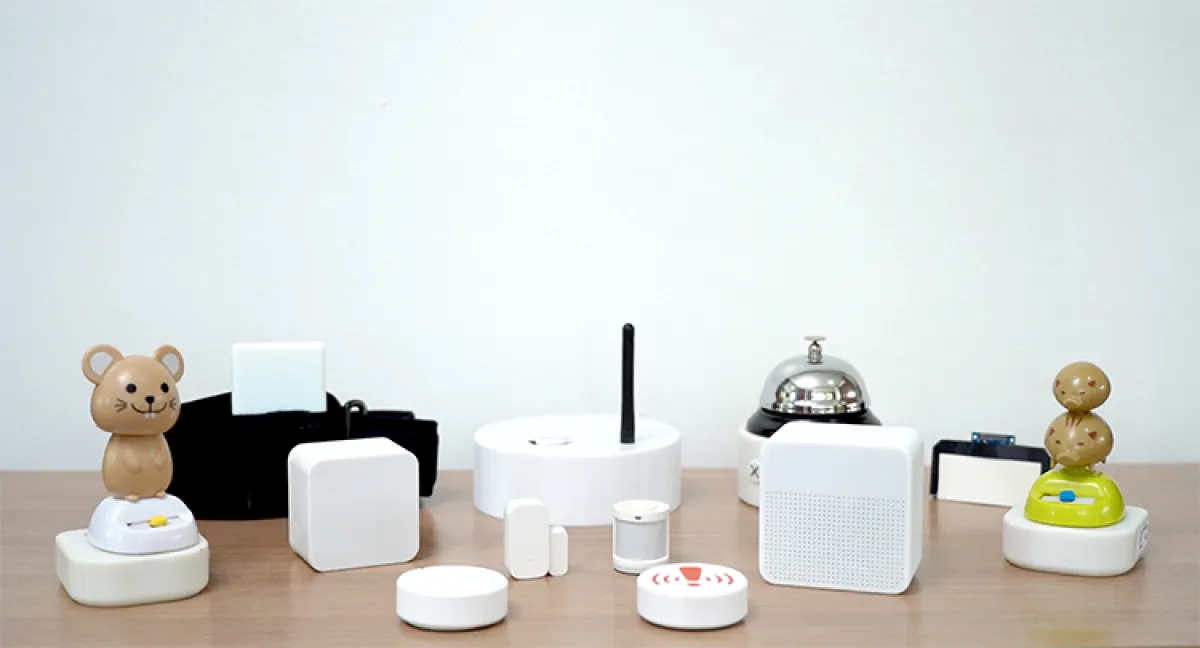
Thailand is transitioning into a full-fledged aging society, with a population aged over 60 years reaching 20% of the total populace. The Well-Living Systems, an AI-based elderly care system, has therefore been developed by the National Science and Technology Development Agency (NSTDA), aiming to provide a safe and convenient solution for descendants taking care of their elderly family members.
The Well-Living Systems, or AI-based elderly care, is a system developed to care for the elderly when their descendants have to go to work outside the home. This system revolves around the LANAH (Learning and Need-Anticipating Hub), powered by LANAH AI (Artificial Intelligence), which can learn and understand the daily habits and behaviors of the resident, alerting caregivers when an emergency arises or when abnormal behavior is detected.
This system works in conjunction with various sensors and sends alerts through the LANAH App. This provides assurance that, in case of an emergency, immediate help can be provided. The system is versatile and can be adapted for use in a variety of environments, such as senior homes, condominiums for lone residents, elder care facilities, and hospitals.
Currently, the LANAH App system and various devices are in the experimental phase in laboratories, with plans for field testing underway. It is expected to be operational shortly. This technology aims to enhance the quality of life for the elderly, offering them a safe and comfortable living environment. It further empowers them to help themselves and reduces dependence on caregivers, offering peace of mind to their descendants who have to work outside the home.
Source: National Science and Technology Development Agency (NSTDA)
Tel. +66 2564 7000
For more information